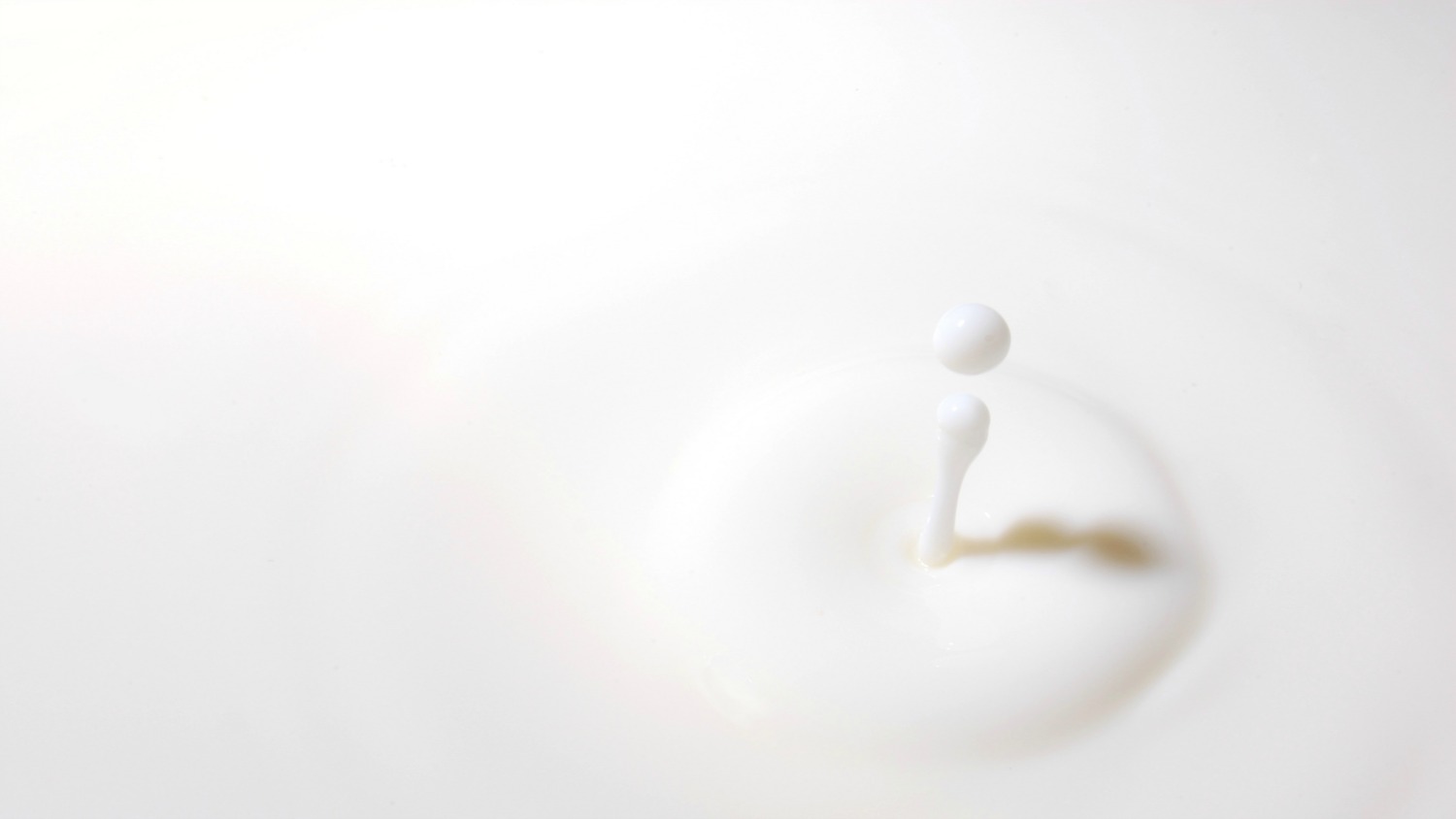Breastmilk is one of nature’s most fascinating substances. Even though we describe breastmilk as a “perfect food,” it is really much more than that. Breastmilk serves not only as a nourishing food but also as a kind of remarkable elixir and immune-boosting liquid that almost seems to “communicate” with the baby’s body. Unlike food, breastmilk constantly evolves and adjusts its ingredients to address various issues in the baby’s environment. Breastmilk has the basic components and nutrition of ‘’food” but it also has other special active ingredients which are continually changing. In a unique way, you might say that breastmilk is “alive!”
Unlike food and processed beverages, breastmilk contains no ‘’added’ ingredients – breastmilk is complete and even has components that are not even identified yet. Some moms want to add formula to their baby’s diet because they feel they are either not getting enough milk or not getting enough nutrition, but the truth is, breastmilk is a complete liquid diet for babies! For the first six months of life, breastmilk delivers all of the nutrition that your baby needs.
Here are a few of the unique facts and insights about what makes breastmilk so special – and so different from other foods:
Why is Breastmilk Not Quite the Same as Food?
Normally when you think of food, you think of a substance that is composed of carbohydrates, proteins and fats. These ingredients are also all present in breastmilk, but breastmilk, like blood, also contains live cells that help the baby grow, develop and stay healthy.
Live cells found in breastmilk include:
- Bacterial cells that help program the baby’s immune system.
- White blood cells that actively destroy bad bacteria and viruses.
- Stem cells – these could potentially be an internal repair system
When you freeze breastmilk, the white blood cells and stem cells die, but the carbohydrates, proteins and fats live on. So if you are storing, freezing and thawing breastmilk, that’s fine – your baby is still getting most of the ingredients that she needs – but make sure to give your baby plenty of warm, fresh breastmilk – either straight from the nipple or freshly pumped and not frozen.
Breastmilk is the Gold Standard
Breastmilk offers several unique benefits that no other food or drink can deliver. A mother’s breastmilk is constantly changing depending on the immediate environment. Her body adjusts to the germs that are in her environment and she automatically starts to produce antibodies to fight those germs that are immediately added to the breastmilk. This helps keep the baby constantly protected, based on the mother’s health and immunity. So whenever a mom is resisting a flu bug or cold, the baby also benefits from the shifting array of new defensive antibodies.
Breastmilk is a unique ecosystem that contains hundreds of ingredients such as fats, proteins, antibodies, hormones, enzymes, and micronutrients for the baby’s growth, health and development that cannot be replicated by any food. Some of the fatty acids in breastmilk are thought to make the baby smarter. In this way, breastmilk is the ultimate performance enhancing supplement – a “superfood” for your baby that’s available wherever the mother goes. Breastmilk is also an ideal immunity booster. The “breastmilk army” of immunity-defending ingredients can help babies stay healthier during the early stages of life, and for many years to come.
Mixing Breastmilk and Formula
Many moms wonder if it is OK to supplement breastmilk with formula. It is OK, but World Health Organization and others suggest that happens only after the first 6 months of the baby’s life. Keep in mind that you are mixing a food with static ingredients to an elixir that has a life force running through it. Remember that breastmilk has the perfect combination of fats, vitamins, and carbohydrates. It also contains antibodies, digestive enzymes, and hormones that no manufactured formula can replicate.
If you do choose to supplement breastfeeding with formula, don’t mix formula with your breastmilk – always follow the manufacturer’s instructions and mix it with water. Also, do not forget that your breastmilk supply is driven by the act of breastfeeding, so by adding formula you are filling your baby with a heavier food that will possibly encourage them to want to feed from the breast less often. Introducing formula may reduce the length of breastfeeding sessions and also reduce the amount of breastmilk being produced. So if you decide to use formula, proceed carefully! Make sure it fits with your overall plan for how long you want to breastfeed your baby, and don’t accidentally decrease your supply of breastmilk before your baby is ready to finish breastfeeding. In addition, remember, if your baby is growing appropriately; fear not, your breastmilk is enough.
Breastmilk Just Can’t Be Duplicated!
Breastmilk is full of antibodies that protect babies from illness and help them develop their own immune systems. Breastmilk is also easier for babies to digest, because the protein is specifically well-suited to be consumed by babies. Breastmilk also contains minerals (such as iron) at exactly the right levels to be absorbed by the baby.
Simply put, breastmilk is not only the “perfect food,” it’s also the “easiest food” for your baby to eat. Unlike any other food, breastmilk contains protective, nurturing, growth-stimulating ingredients that cannot be found in any other food source. For the first six months of your baby’s life, breastmilk is all they need to be healthy and to grow. Hopefully you can keep pumping and breastfeeding your baby for up to two years (or more). Even after they start to eat solid foods and explore the wider world of flavors and textures beyond the breast, breastmilk is the perfect complement.





















